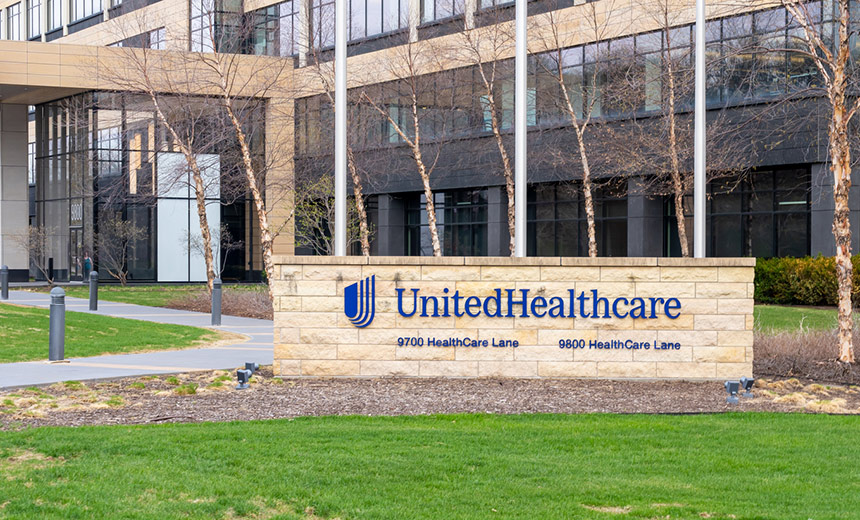Artificial Intelligence & Machine Learning,
Healthcare,
Industry Specific
Lawsuit Claims Insurer Misused AI in Denying Necessary Medical Care

A proposed class action lawsuit against UnitedHealth Group has gained judicial approval to progress. The case contends that UnitedHealthCare, the company’s insurance division, unlawfully employed artificial intelligence tools in the denial of Medicare Advantage claims for essential healthcare services.
A Minnesota federal judge’s recent ruling addressed some allegations while permitting others to proceed. While claims of unjust enrichment and bad faith were dismissed due to preemption by the federal Medicare Act, the court will hear arguments related to breach of contract and the implied covenant of good faith. Plaintiffs argue that UnitedHealthCare’s agreements specified claim evaluations would be conducted by “clinical services staff” and “physicians,” with no mention of AI technology, which they claim has been a factor in care denials.
The plaintiffs suggest that AI, specifically the nH Predict AI Model, replaced clinical professionals in making critical coverage determinations, thereby violating the stated terms of their insurance policy. This assertion challenges the accuracy and validity of the AI tool being utilized, indicating that denials were issued without sufficient medical justification.
As described in court documents, the nH Predict AI Model evaluates individual patients against a vast dataset, producing recommendations for post-acute care that may not align with physicians’ assessments. Allegations assert that rigid criteria enforced by UnitedHealthCare’s employees led to erroneous denials and that the insurer was aware of the model’s limitations, given a significant percentage of claim denials are overturned upon appeal.
In defense, UnitedHealth Group contends that all claims are subject to an administrative appeals process mandated by the Medicare Act. However, plaintiffs assert that the insurer constructs barriers purposely to inhibit completion of this process. They allege that the insurer continually issues new denial letters to maintain an unending cycle of appeals, preventing genuine exhaustion of administrative remedies.
The lawsuit has surfaced amidst broader public criticism regarding UnitedHealth’s practices, especially following tragic events surrounding the murder of CEO Brian Thompson. The aftermath of these events ignited social media outrage over the company’s adverse claim practices, drawn into the spotlight highlighting accountability and transparency in AI utilization within healthcare decisions.
Regulatory experts suggest that healthcare insurers must adequately disclose their use of AI methodologies within insurance agreements to ensure compliance with legal and ethical standards. The case illustrates a pressing need for transparency regarding the technologies at play in healthcare decisions, particularly concerning how algorithms are designed and implemented to govern patient care determinations.
As the legal proceedings unfold, the implications of the case extend beyond UnitedHealth Group, potentially resetting standards for AI application in healthcare services and prompting significant examination of administrative procedures associated with insurance claims. The situation underscores the intersection of emerging technologies and ethical responsibilities within the insurance and healthcare domains, raising critical questions regarding how decisions are made affecting vulnerable populations.
The developments in this lawsuit may serve to define pivotal practices in the oversight of AI utilization in health insurance claims, with ramifications for industry-wide standards and regulatory measures. Attention to these proceedings will reveal foundational shifts in how technology is integrated into healthcare delivery, emphasizing both patient rights and corporate accountability.
